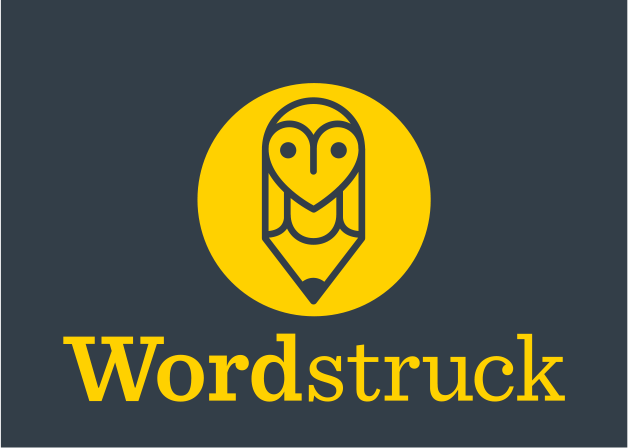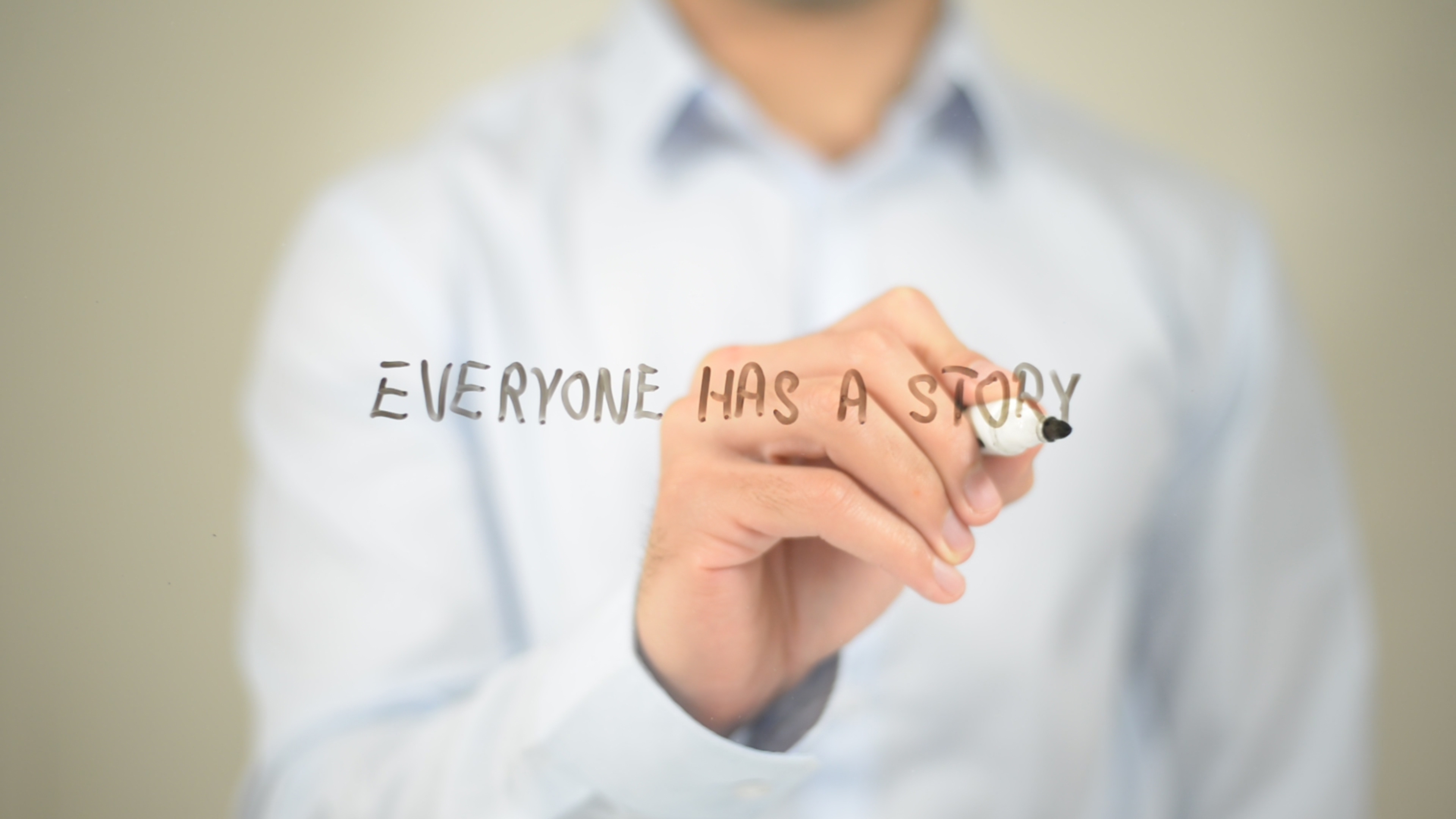‘Storytelling is fundamentally how we construct identity and a sense of purpose,’ says Mark Strom, author of Lead with Wisdom.
‘Tell a story and people will grasp what you are saying.’
We all know how a well-placed and well-timed anecdote can tell us so much more than stats or facts ever could. While politicians have long had a go at this approach, it was Barack Obama who took the art of narrative campaigning to another level. It’s also a technique that is becoming the go-to in business, leadership, content marketing and social media.
Strom believes it’s not only the telling of stories that’s important, but it’s also about asking ‘grounded questions’. This, he says, leads to people telling more meaningful stories.
I heard Strom speak on this subject some years ago and was impressed by how he brings together his belief in the value of wisdom with his knowledge of philosophy. He describes himself as a ‘storyteller with a PhD in the history of ideas.’ He now helps businesses identify their narratives to affect positive change.
‘We can’t make anything without words,’ says Mark. ‘We all have to become the author of our own world.’
And yes, you can make this approach work for you, too.
Here are 10 ways you can become a master storyteller:
- Make your story a universal one. This will touch more people.
- Use emotions. How we respond to people is relational not just intellectual. If someone else feels what you felt, your story will touch them.
- Be succinct. Don’t waffle.
- Know the point of your story. Why are you choosing to tell it?
- Ditto with intention. Intention will help your story resonate better with the listener because this is pure energy focused into your words.
- Consider your delivery of the story. Allow for suspense and build to a punchline.
- Listen to other people’s stories. They will inform your own.
- Your story needs to suit your listener. Be prepared to reshape and adapt an anecdote to make it more appropriate to your audience.
- Use your imagination. Stories don’t merely come from the mind. Rather, from the heart and soul, past and future, ether and the winds. You might not be able to harness all of these but if you are delivering an important presentation, think beyond the intellect.
- Lastly, be open to reflecting on the story of your life. How you share your story is up to you. You are, after all, the hero of your own narrative and ultimately, destiny.
So give these tips a whirl and watch the master storyteller in you unfold in no time.



